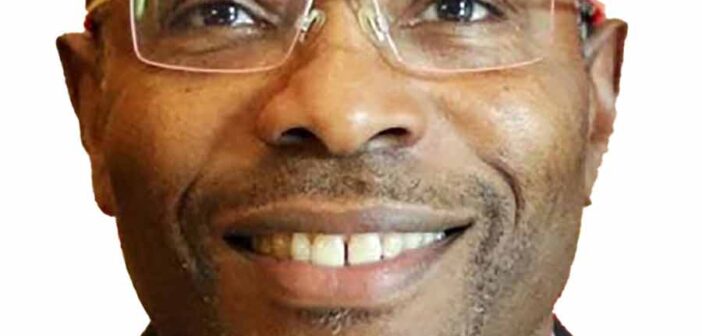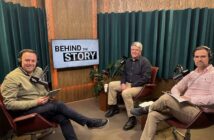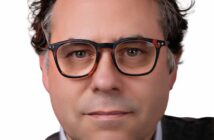It took six press conferences and 12 hours of presentations before the subject of a tourism Trump slump was broached at IPW 2025 in Chicago.
Not that Donald Trump was mentioned, but the embattled; led relationship between Trump and his $155bn tourism industry was referred to by Michael Baginsky from Canadian website Travel Industry Today as the “elephant in the room” and again in a follow up question from Lindsay Sutton, a Manchester based travel writer.
It was no conicidence that this particular conference was NOT being presented by either Fred Dixon, CEO of Brand USA or Geoff Freeman, CEO of US Travel, both of whom have been necessarily deioscrete on the subject of the relationship between America’s travel industry and the White House. Indeed, the opening press conference of the annual trade show, attended by 6,000 delegates including 1,800 inbound tour operators and 500 media, hosted by Brand USA, finished without any allowance for questions.
Instead, it was the affable and consistently pitch-perfect Eliott Ferguson, CEO of Washington DC’s travel body and progenitor of the funniest videos on the entire circuit of travel conference presentations. Mr Ferguson had also been chair of US Travel before he was fired in April by the US Commerce secretary, acting no doubt at Mr Trump’s behest.
Speaking to Travel Extra on the margins of the IPW conference Mr Ferguson said “this was all politically motivated had nothing to do with me, and it’s unfortunate because I know that I really wanted to push the organisation.
“Every president has the right to change our leadership roles. Right now, the goal is to make sure travel still gets the funding to do what they need to do.”
Asked how would characterise the relationship between the White House and the travel industry, Mr Ferguson said: “we rely very heavily on US Travel to continue to focus on getting the White House president, a man that owns hotels and resorts and golf courses, to understand how the rhetoric is negatively impacting the industry. And so some of this is resonating. There’s more push than needs to help.”
In response to questions during the open press conference, Mr Ferguson replied: “Canada is our number one ally. Politics aside, we are as an industry trying to figure out how we got here, but equally as much trying to make sure that the Canadian market knows that we do want them to come.
“If you choose not to come for whatever reason, you’ve got to follow your conscience. But in terms of safety, in terms of feeling welcomed and all the things that the overwhelming response from Americans, people in the United States want you to feel, that’s the most important thing. If you choose not to come for whatever reason right now and we understand, we hope that you will continue to feel comfortable at some point in coming back to the U.S.”
I think that as we look at travel as a whole, one of the things I appreciate about travel, especially leaving the US and going to different parts of the world, is that we appreciate how much more we are alike than different.
People don’t usually travel for political reasons, but they do follow the politics. We have offices in eight different countries and in some of those countries the politics are pretty, almost like a love is blind type of skin. I’d like to think and I’d like to hope that as you and all of the journalists in the room go back to your countries and talk about your experience in Washington and Chicago, talk about the pre-fans that you did before you came to Chicago, that you’ll write more about the overwhelming spirit of welcome that you’ve had coming into our country.
As an industry, yes, we want you to feel welcome, but as a country, as a nation, one of the reasons why most of my presentation was about the 700,000 people that live in Washington, D.C. is because overwhelmingly so, no matter what the rhetoric is, there is a sense that Americans welcome global visitors into our country. And that’s what we want you to write about, especially with your experience here.
I’d like to think that the process of coming into the United States, the welcome that you’ve received here, the welcome you’ve received in Chicago, that’s what you’re right about and share that with Canadians and that there’s an overwhelming sense that the United States wants you to come.
We moved to D.C. right after 9-11. You know, it’s D.C. safe. If I was in Paris or the attacks a few years ago and suddenly I got groups that were coming to Washington, D.C. saying, is D.C. a target? Maybe we’ll cancel. I told people, I can’t tell you whether or not you should travel or not. You’ve got to follow your own conscience.
But I will tell you, as a Washingtonian, as a person that focuses on travel, do I feel safe the next day when I was in Paris walking the streets? Yes, I was aware of what was going on, but I felt resilient enough to say that I don’t want to allow this situation to change my dynamic about visiting a particular destination.
During Monday’s early morning press conference Fred Dixon, the CEO of US Travel said that there was an unprecedented level of dialogue between Brand USA and all levels of government, including the White House.




